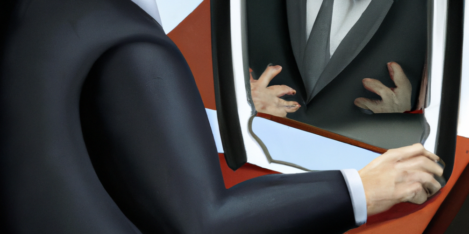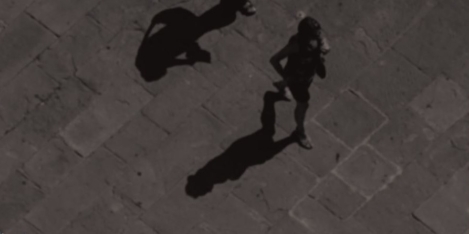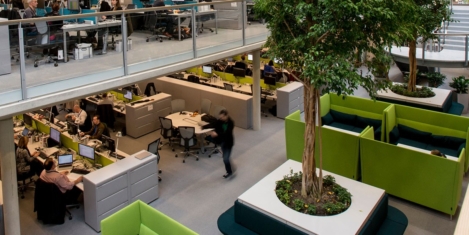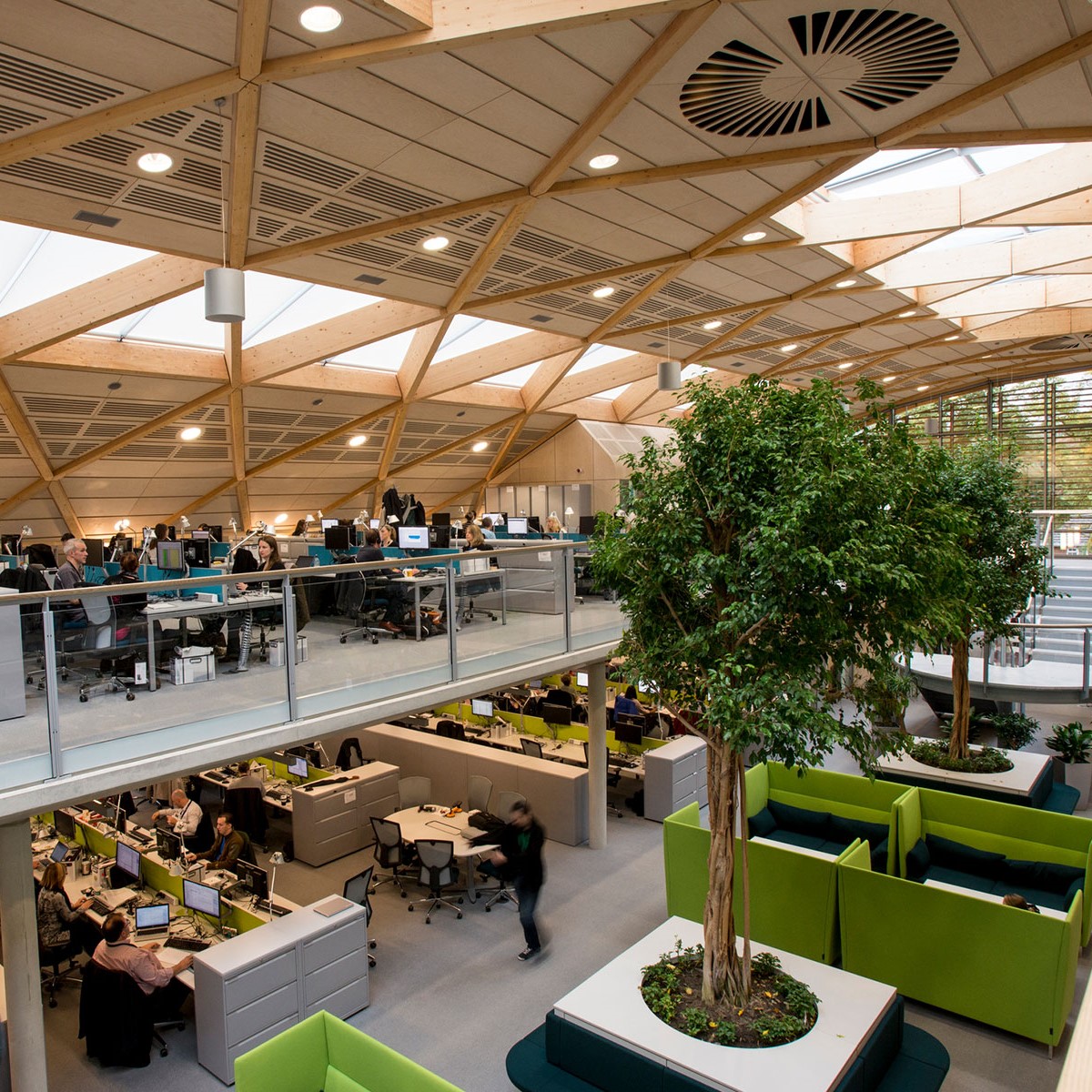To provide the best experiences, we use technologies like cookies to store and/or access device information. Consenting to these technologies will allow us to process data such as browsing behaviour or unique IDs on this site. Not consenting or withdrawing consent, may adversely affect certain features and functions.
The technical storage or access is strictly necessary for the legitimate purpose of enabling the use of a specific service explicitly requested by the subscriber or user, or for the sole purpose of carrying out the transmission of a communication over an electronic communications network.
The technical storage or access is necessary for the legitimate purpose of storing preferences that are not requested by the subscriber or user.
The technical storage or access that is used exclusively for statistical purposes.
The technical storage or access that is used exclusively for anonymous statistical purposes. Without a subpoena, voluntary compliance on the part of your Internet Service Provider, or additional records from a third party, information stored or retrieved for this purpose alone cannot usually be used to identify you.
The technical storage or access is required to create user profiles to send advertising, or to track the user on a website or across several websites for similar marketing purposes.
 It is now a truism to suggest that the traditional ways we think about office design need to be rethought in response to the new and emerging challenges businesses now face. Most people accept this but are still trying to work out the implications for the way we design and manage the physical workplace. The office needs to tell a new story. And one way to structure this narrative this is to borrow ideas from the movie screenwriting process. (more…)
It is now a truism to suggest that the traditional ways we think about office design need to be rethought in response to the new and emerging challenges businesses now face. Most people accept this but are still trying to work out the implications for the way we design and manage the physical workplace. The office needs to tell a new story. And one way to structure this narrative this is to borrow ideas from the movie screenwriting process. (more…)


































July 27, 2023
What Aldous Huxley can teach us about acoustics and distractions at work
by Mark Eltringham • Comment, Technology, Workplace design